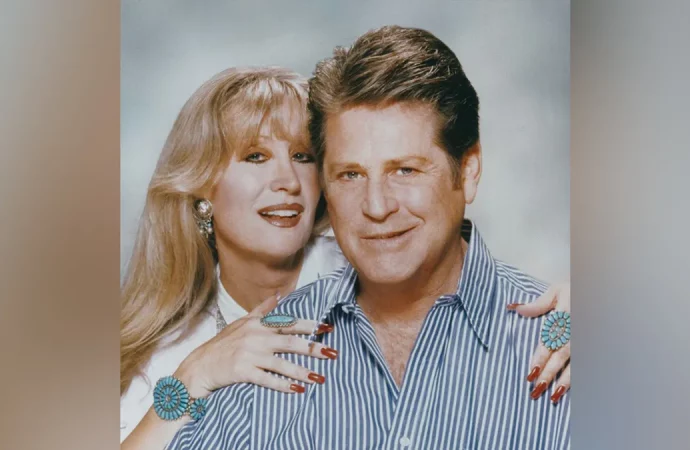The Beach Boys, an iconic American band, have left an indelible mark on music history with their harmonious melodies and surf-inspired tunes. At the heart of this musical legacy lies Brian Wilson, the band’s creative genius and driving force. However, recent events have shed light on Wilson’s struggles with mental health, leading to a contentious
The Beach Boys, an iconic American band, have left an indelible mark on music history with their harmonious melodies and surf-inspired tunes. At the heart of this musical legacy lies Brian Wilson, the band’s creative genius and driving force. However, recent events have shed light on Wilson’s struggles with mental health, leading to a contentious legal battle over his conservatorship. This article delves into the complexities surrounding Wilson’s situation, exploring the implications of his mental decline and the implications of the conservatorship decision.
Brian Wilson: A Musical Prodigy
Brian Wilson’s journey in the realm of music began at a young age, demonstrating prodigious talent and an innate knack for composing melodies. As the chief songwriter and arranger for The Beach Boys, Wilson crafted intricate harmonies and innovative arrangements that revolutionized the pop music landscape of the 1960s. His contributions to albums like “Pet Sounds” and “Smile” cemented his reputation as one of the most innovative musicians of his generation.
The Onset of Mental Health Challenges
Despite his musical brilliance, Brian Wilson’s life has been marred by mental health struggles, including battles with depression, anxiety, and substance abuse. These challenges took a toll on his personal and professional life, leading to periods of seclusion and creative stagnation. Wilson’s mental health issues became increasingly apparent in his erratic behavior and struggles to maintain stability.
The Conservatorship Controversy
In recent years, concerns about Brian Wilson’s well-being reached a critical juncture, prompting discussions about the necessity of a conservatorship. A conservatorship is a legal arrangement where a guardian is appointed to manage the financial and personal affairs of an individual deemed unable to do so themselves. In Wilson’s case, the court’s decision to grant conservatorship reflects the severity of his mental decline and the need for intervention to ensure his safety and well-being.
Analysis of the Conservatorship Decision: The decision to impose a conservatorship on Brian Wilson raises important ethical and legal questions regarding autonomy, consent, and the rights of individuals with mental illness. While conservatorship can provide protection and support for vulnerable individuals, it also entails significant limitations on personal freedom and autonomy. Critics argue that conservatorship can be prone to abuse and exploitation, particularly when the interests of the conservator conflict with those of the individual under guardianship.
Comparative Analysis of Conservatorship Cases
To better understand the complexities of Brian Wilson’s conservatorship, it is instructive to compare his case with other high-profile examples in the entertainment industry. One notable comparison is the conservatorship of pop star Britney Spears, whose legal battles sparked widespread debate about the rights of individuals under guardianship. While both Wilson and Spears have faced similar challenges with mental health and public scrutiny, their experiences within the conservatorship system have differed significantly.
| Criteria | Brian Wilson | Britney Spears |
|---|---|---|
| Legal Justification | Mental decline and incapacity | Mental health and personal safety |
| Duration of Conservatorship | Ongoing | Recently terminated |
| Public Scrutiny | Moderate | Intense |
| Family Involvement | Supportive | Mixed |
Conclusion
The case of Brian Wilson and his conservatorship shines a spotlight on the complexities of balancing individual rights with the need for intervention in cases of mental incapacity. While the decision to impose a conservatorship reflects genuine concerns for Wilson’s well-being, it also underscores the need for greater oversight and safeguards to prevent potential abuses of power. As discussions about conservatorship continue to evolve, it is imperative to prioritize the dignity and autonomy of individuals while providing necessary support and protection.

















